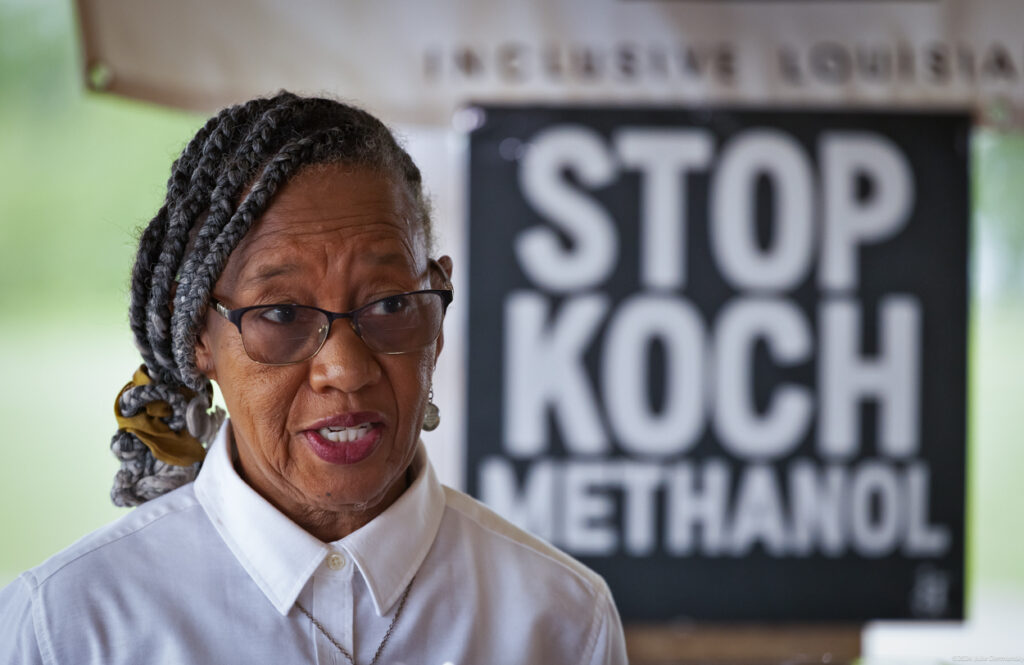
Baltimore Sun reporter Tim Wheeler introduced Ruben by pointing to Wal-Mart’s three environmental goals: that its energy use should be 100 per cent renewable; that it should produce zero waste; and that it should sell products that are are environmentally sustainable. Wheeler asked, Is that for real?
Ruben immediately redefined the goals as inspirational injunctions to Wal-Mart staff. He acknowledged that they are achievable only in the very long term, but he insisted (correctly) that they are no less worthy. And he admitted (or stated, or posited; I don’t want to imply anything unnecessary) that Wal-Mart is still in business; the company has not suddenly remade itself as a philanthropic organization.
Ruben’s most compelling points were that Wal-Mart is really making headway in addressing some environmental issues. For example, it has retrofitted its truck fleet with auxilliary power units that allow it to save 10 million gallons of deisel fuel a year – reducing its greenhouse gas production by 100,000 tonnes.
Wal-Mart has also started to push compact fluorescents, expanding their presence and visibility in the stores. As a result of this fairly subtle marketing change, Wal-Mart hopes to sell 100 million compact fluorescents this year, resulting in a further saving of 25 million tonnes of CO2.
As someone from the audience later pointed out, Wal-Mart is still Wal-mart, still a a rapacious retail machine that builds huge transit-unfriendly stores that overwhelm local commerce and that support unsustainable international trade practices.
But Ruben made the case for incrementalism. And it’s tempting to buy in, to believe that a world where Wal-Mart is trying to save energy will be better than a world it which it pursued business as usual.
This, however, is fodder for a much more serious consideration of relative risks and benefits. Sarah will be posting more later on this topic, a podcast with End of Nature author Bill McKibben.
But for pure PR, Ruben’s performance was really a wonder.
Subscribe to our newsletter
Stay up to date with DeSmog news and alerts





